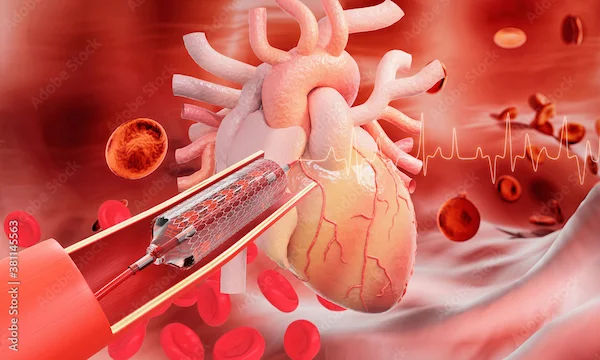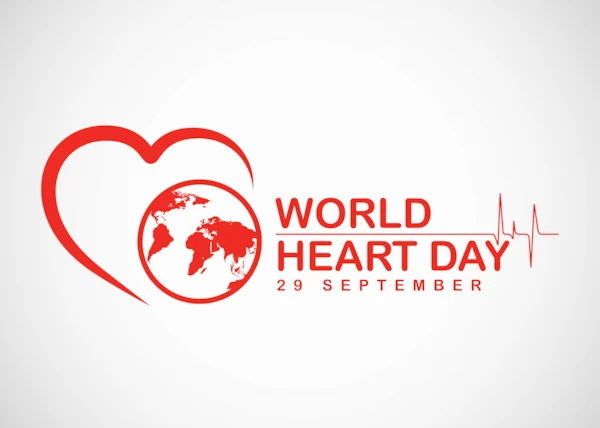- Male
- 40 Years
- 29/01/2025
I'm dealing with some light pain in my chest and shoulders, and my 2D echo report showed mild MR and TR with PAH and an RVSP of 40 mmHg. Can you help me figure out what steps I should take or what this might mean for my health?
Answered by 1 Apollo Doctors
Based on your symptoms and 2D echo report showing mild MRTRPah with an Rvsp of 40mmHg, it is important to manage your condition. You can take Tablet Aspirin 75mg once daily to help with any chest pain and to prevent blood clots. Additionally, you can take Tablet Losartan 50mg once daily to help lower blood pressure and reduce the strain on your heart. It is important to follow up with your doctor for further evaluation and management.
Dr. Mubarak Suggests...
Consult a Cardiologist
Answered 04/07/2025
0
0

More Cardiology Health Queries
View allI'm 36 and I hit the gym regularly. Just had a TMT and it says I have "reversible myocardial ischemia." What exactly does that mean? Should I be worried or thinking about any changes to my workout routine? Would appreciate any insights.
Take adequate rest and follow your doctors advice
Answered by 1 Apollo Doctors
I'm curious about my heart rate, which seems to be consistently between 90 and 110 beats per minute. Is this natural, or should I be concerned about any possible heart issues? I don't have any known heart problems, but I'm wondering if it's something I should get checked out just to be safe. What do you think?
A heart rate of 90 to 110 beats per minute can be considered normal for adults at rest. However, it is always important to monitor your heart rate and consult with your healthcare provider for personalized advice. If you are looking to lower your heart rate for preventive measures, you can try medications like Metoprolol (brand name: Lopressor) at a dosage of 25-100mg per day as prescribed by your doctor.
Answered by 1 Apollo Doctors
Is my EKG normal? Can you manually check the QTc levels because last time the machine got it wrong? Also, I'm confused about what non-specific ST depression means. From what I understand, ST depression is linked to a heart attack or ischemia. I've had ECGs before, but this is the first time I've seen this in the report. Could you help explain this?
Regarding the EKG, I cannot check the QTc levels manually through this platform. Non-specific ST depression on an EKG means that there are changes in the ST segment of the EKG that are not specifically indicative of a heart attack or ischemia. It can be caused by various factors such as electrolyte imbalances, medications, or even normal variation. If you have concerns about the findings on your EKG, it would be best to discuss them with your healthcare provider for further evaluation and interpretation.
Answered by 1 Apollo Doctors
Disclaimer: Answers on Apollo 247 are not intended to replace your doctor advice. Always seek help of a professional doctor in case of an medical emergency or ailment.





